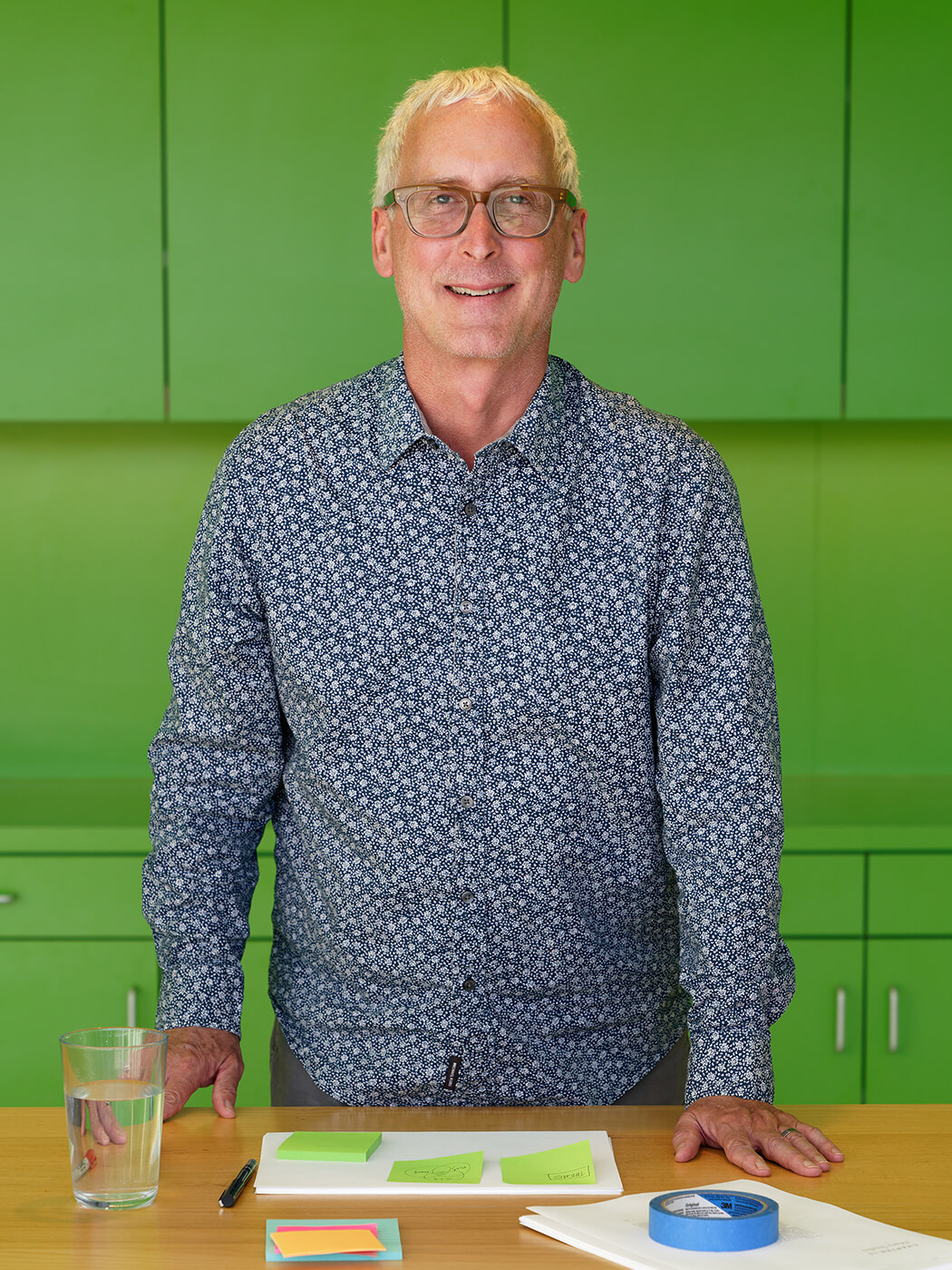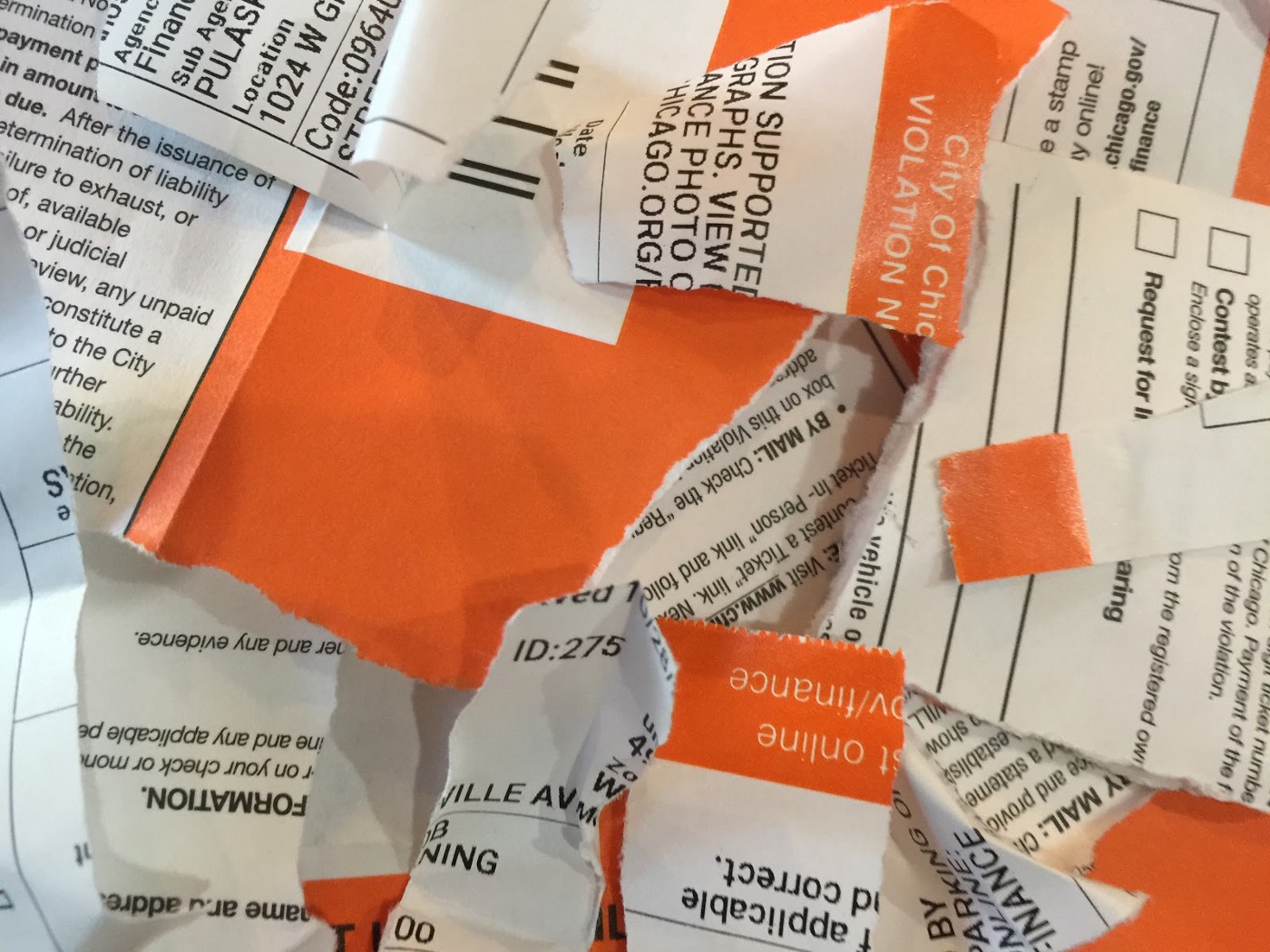Mark Jones
Experience Design Principal, Enterprise Transformation, Humana

“With the evolution of AI happening now, the world is changing exponentially faster, and the risks are higher than ever. If new product launches, new services, and new systems are based purely on notions of efficiency, we will see biases, inequities, and unintended consequences mount like never before.”
Mark Jones teaches User Research and Service Design at the Institute of Design. He was previously Associate Professor of Practice at ID and led the research for ID’s 2024 report, Taking Responsibility in the Age of AI: Design Leads Organizations through Five Urgent Challenges.
An innovation leader, he first taught at ID in 2002, and since then he has developed courses in service design and service futures and shaped the curriculum of the Master of Design program around service design and healthcare. Mark holds a bachelor of fine arts degree from Amherst College and a Master of Design from ID.
Industry Experience
Mark’s specialties include bringing qualitative/quantitative design research methods to ground concept development, identifying strategic opportunities for new products and services through technology and societal trend analyses, and fluency in human-centered design (HCD), Lean, and experimental methods to develop and validate effective offerings. In addition to teaching at ID full-time, in 2017 Mark founded SD Lab, a consultancy with a focus on innovation and experiment methods for design.
Before joining ID, Mark held several design consultancy and leadership positions. He formerly served as Vice President of Design at UnitedHealthcare (UHC) (2014–17) and as Managing Director and Associate Partner at IDEO (2000–14), both in Chicago. At UHC, he led a team of designers improving access to healthcare in rural areas, helping connect low-income people to social services and designing a culturally relevant healthy eating service for African American women. At IDEO Chicago, Mark worked on projects that include reinventing retail banking for PNC Bank, designing a new service strategy for Walgreens, and developing a healthcare toolkit called Gutcheck that helps patients achieve better cancer-screening outcomes. His diverse design background includes clothing and jewelry design in New York and five years as a technology futurist at Accenture (1995–2000) in Northbrook, Illinois.

